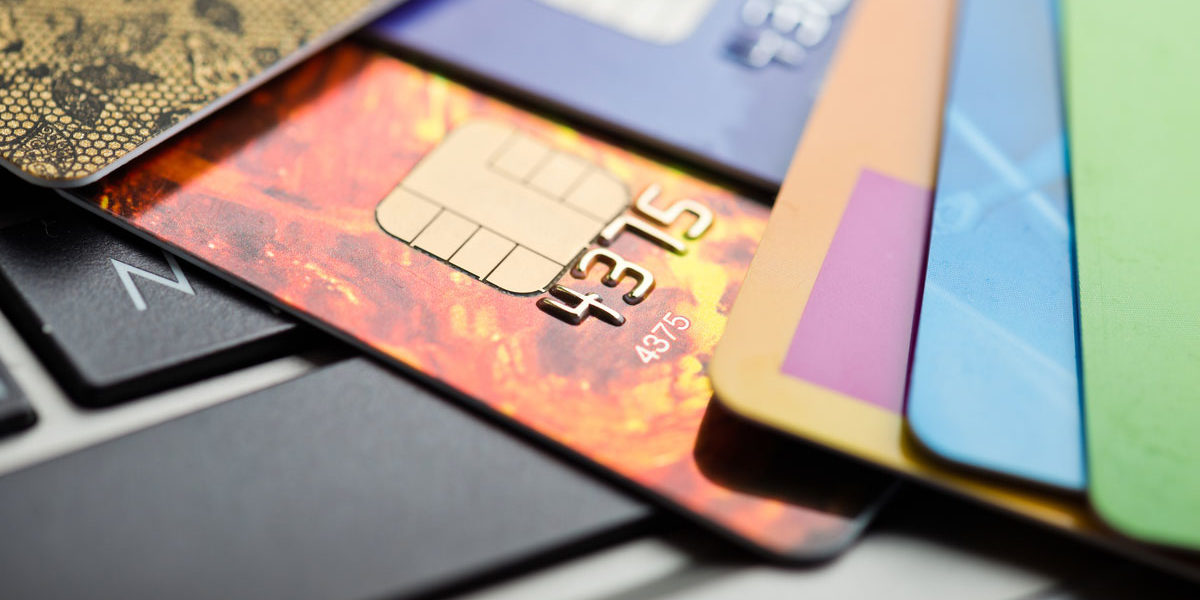The cost of multiple credit cards
From online purchases, to tap and go, more and more of us are using credit cards for our everyday – and special – purchases. And not just credit cards – store cards are also a popular tool when buying new items.
However, if you are running multiple credit and store cards, what are the risks and is it all bad?
Make the most of interest free.
No matter why you have multiple credit cards, the most important thing is making sure you clear the balance each month to avoid the interest charges that occur. One of the major benefits of credit facilities, apart from the convenience, is the ability to use someone else’s money for free.
But there’s a hitch: If you find you are not clearing the balances each month (or reducing the balance on the bigger purchases), then multiple credit cards may not be the ideal finance solution for you, with the higher interest rates they often attract.
Fees can add up.
While some providers offer ‘no-fee’ credit cards, most cards have an annual fee, which can be anything from about $35 to almost $400, according to Canstar. If you have a credit card that you are not using, cutting up the card and closing the account will save you from forking out money for the use of a card you are not actually using.
If you have multiple cards that you don’t use, that could add up to a decent saving each year.
Looking at new finance soon?
Whether you’re considering upgrading your vehicle, topping up your mortgage or are a first home buyer looking for your first mortgage, your total credit card limits, even unused, can have a significant impact on how much you could borrow. This story on Stuff reported that having a combined credit card limit, with your partner, of $10,000 could reduce your borrowing power by $47,000 on a $130,000-a-year income, even if you are not carrying a balance.
If you want to increase your chances of getting that loan approved, and for a higher amount, the more credit and store cards you can repay, the better.
Keeping track of your payments
Not only does missing a payment affect your overall credit score, it is likely to cost you more in interest and fees. The more credit facilities you have, the greater the chances that you overlook paying one. If you don’t already, consider setting up automatic payments to reduce the chances of forgetting to make a payment.
Different cards for different things
Many of us run more than one credit card, to take advantage of multiple interest free periods, or to use for different purposes. For example, using a low rate card for bigger purchases that you may not be able to pay off in full each month, and a different credit card for everyday purchases, with a balance that is cleared by the due date.
Or, you may have separated your expenses up into single and joint and are relying on another person to pay their share of the balance. If you have multiple cards, make sure you check the fees and charges in case there could be a more cost-effective way to manage your finances.
Consolidating might make sense
Even if you manage multiple credit cards well and meet your payments, it might be easier, and cheaper, to reduce the total number of cards you have. Having one total balance is likely to keep you focused on clearing that balance to avoid interest and late charges.
You may be able to take advantage of balance transfer promotions and transfer an existing balance and pay low – or no – interest for a number of months – saving you more money.
Like to discuss your options?
If you want to ditch the credit cards and have one loan to repay, get in touch. We’re here to help streamline your debt.






